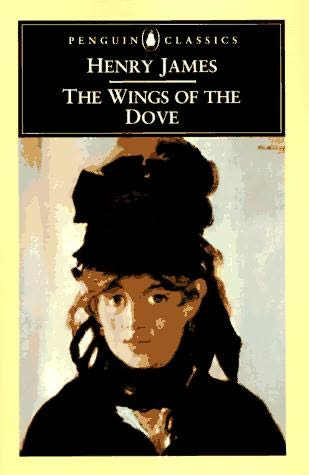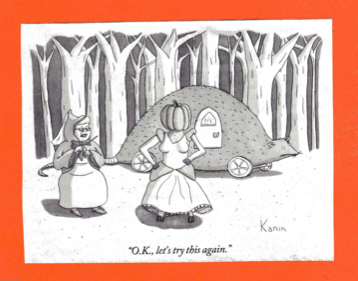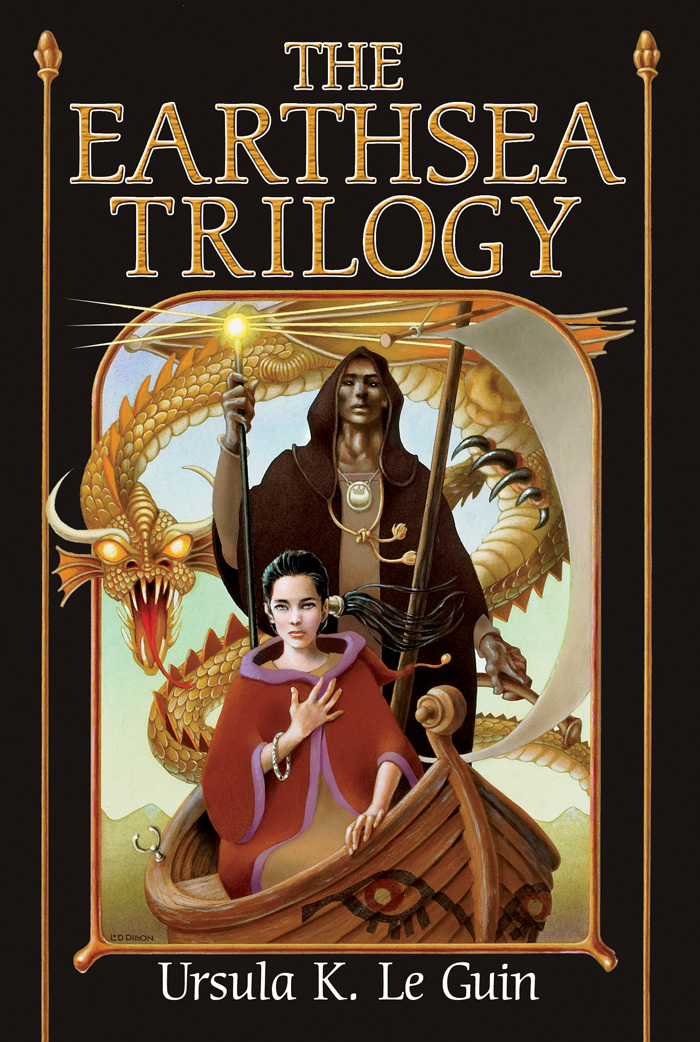 No wonder the writer I was back in college never finished anything big. She lacked the patience for the kind of slog I’m slogging through now. She knew some nice tricks — could turn out a kickass sonnet in two hours by writing backwards, last line to first — but if she had ever managed to produce a complete book-length draft, she would have wandered off to a next never-to-be-finished project once the revision got tough. She would not have been game for as many rounds of tightening, fact-checking, and continuity repairs as I have had to do for the novella collection I’m sending off to its small press publisher next week.
No wonder the writer I was back in college never finished anything big. She lacked the patience for the kind of slog I’m slogging through now. She knew some nice tricks — could turn out a kickass sonnet in two hours by writing backwards, last line to first — but if she had ever managed to produce a complete book-length draft, she would have wandered off to a next never-to-be-finished project once the revision got tough. She would not have been game for as many rounds of tightening, fact-checking, and continuity repairs as I have had to do for the novella collection I’m sending off to its small press publisher next week.
Most of my college-self’s potential novels never made it past the preliminary notes stage. If my current teacher-self were saddled with that girl as a student, what on earth would I do with her?
Different preoccupations drive different teachers. I’ve been told I teach because it’s as close as I can get to going back in time to rescue myself from various mistakes and misfortunes. It’s probably true. A more virtuous person might teach out of a desire to change the world, or lift people out of poverty, or whatever. Instead, I wander around offering the help I wished I could have found when I was younger — or a variation of that help wrapped in a concealing layer of SAT preparation.
That girl I used to be understood the why of late-stage manuscript drudgery. If asked, she could have explained that a work of fantasy has a greater need than a work of realism for verisimilitude. She’d have quoted Marianne Moore about the “imaginary gardens with real toads in them,” but she could not have kept to her seat long enough to make her toads real.
Not that it’s easy now, twenty years later, this sitting still until the job is done. When I sent my protagonist into New Jersey’s notorious Pine Barrens, land of mob hits and mass-hysteria-induced monster sightings, that was thrilling to write. Now that I’m tracking down every reference , however oblique, to gravel roads, because it turns out the back roads in the Pine Barrens are sand, not gravel, it’s not so much fun. If I don’t get the sand roads right, a sizable chunk of my audience will be lost before I ever get to the scene where the Jersey Devil makes its appearance. Unless the toads in my imaginary garden are real enough, nobody will believe my monsters.
Sarah Avery’s short story “The War of the Wheat Berry Year” appeared in the last print issue of Black Gate. A related novella, “The Imlen Bastard,” is slated to appear in BG‘s new online incarnation. Her contemporary fantasy novella collection, Tales from Rugosa Coven, follows the adventures of some very modern Pagans in a supernatural version of New Jersey even weirder than the one you think you know. You can keep up with her at her website, sarahavery.com, and follow her on Twitter.

 Kids under age six are not lying to you, not exactly. When they want something to be true, they genuinely cannot tell that it isn’t. When they fear something might be true, no amount of reassurance is enough, because
Kids under age six are not lying to you, not exactly. When they want something to be true, they genuinely cannot tell that it isn’t. When they fear something might be true, no amount of reassurance is enough, because  I confess: I’m horror-illiterate. Being horrified on my way to some other reading experience is often worthwhile, but reading just to poke my
I confess: I’m horror-illiterate. Being horrified on my way to some other reading experience is often worthwhile, but reading just to poke my  No wonder the writer I was back in college never finished anything big. She lacked the patience for the kind of slog I’m slogging through now. She knew some nice tricks — could turn out a kickass sonnet in two hours by writing backwards, last line to first — but if she had ever managed to produce a complete book-length draft, she would have wandered off to a next never-to-be-finished project once the revision got tough. She would not have been game for as many rounds of tightening, fact-checking, and continuity repairs as I have had to do for the novella collection I’m sending off to its small press publisher next week.
No wonder the writer I was back in college never finished anything big. She lacked the patience for the kind of slog I’m slogging through now. She knew some nice tricks — could turn out a kickass sonnet in two hours by writing backwards, last line to first — but if she had ever managed to produce a complete book-length draft, she would have wandered off to a next never-to-be-finished project once the revision got tough. She would not have been game for as many rounds of tightening, fact-checking, and continuity repairs as I have had to do for the novella collection I’m sending off to its small press publisher next week.
 When we finally reached “The Tale of Beren and Luthien,” my
When we finally reached “The Tale of Beren and Luthien,” my 
 The students in Intro to Poetry read scared. They started the semester twitchy as rabbits. Poetry made them feel stupid. No, let’s be more specific: being asked to explain poetry made them anticipate humiliation. Their baggage from their high school English classes led them to expect, reasonably or not, that they had to be experts already, that they would be chastised in front of one another and punished with bad grades for not already knowing as much as their teachers did. They felt like newly licensed drivers trying to merge onto a freeway from a stop sign.
The students in Intro to Poetry read scared. They started the semester twitchy as rabbits. Poetry made them feel stupid. No, let’s be more specific: being asked to explain poetry made them anticipate humiliation. Their baggage from their high school English classes led them to expect, reasonably or not, that they had to be experts already, that they would be chastised in front of one another and punished with bad grades for not already knowing as much as their teachers did. They felt like newly licensed drivers trying to merge onto a freeway from a stop sign. I commanded my first students to revise, as I had been commanded by my own mentors. Had I ever revised–not just proofread and fiddled, but actually revised–anything in my life before I started teaching? No. When I was a student, my first drafts were clean enough and clever enough, I could get away with handing them in for all my classes. Some of my teachers called me on it, but nobody insisted I do anything differently. When I took the helm of a writing class for the first time, at the absurd age of 24, I could tell my students all the steps of a beginner’s revision process. I knew the platitudes, and for me, that’s all they were. I could not have followed those steps to save my life. My first drafts, while in progress, were plenty messy, but once I finished them, the prose style was smooth as glass. I feared what might happen if I broke it.
I commanded my first students to revise, as I had been commanded by my own mentors. Had I ever revised–not just proofread and fiddled, but actually revised–anything in my life before I started teaching? No. When I was a student, my first drafts were clean enough and clever enough, I could get away with handing them in for all my classes. Some of my teachers called me on it, but nobody insisted I do anything differently. When I took the helm of a writing class for the first time, at the absurd age of 24, I could tell my students all the steps of a beginner’s revision process. I knew the platitudes, and for me, that’s all they were. I could not have followed those steps to save my life. My first drafts, while in progress, were plenty messy, but once I finished them, the prose style was smooth as glass. I feared what might happen if I broke it. To my surprise, I got a bunch of emails asking for more details about the weird teaching gig I described in
To my surprise, I got a bunch of emails asking for more details about the weird teaching gig I described in  When I learned my first child would be a boy, one of my first stops was the library, where I checked out a huge stack of books about boys: how they think, how they learn, how they’re socialized, with all the attendant parental and teacherly how-tos and cautionary tales. I was wary of
When I learned my first child would be a boy, one of my first stops was the library, where I checked out a huge stack of books about boys: how they think, how they learn, how they’re socialized, with all the attendant parental and teacherly how-tos and cautionary tales. I was wary of